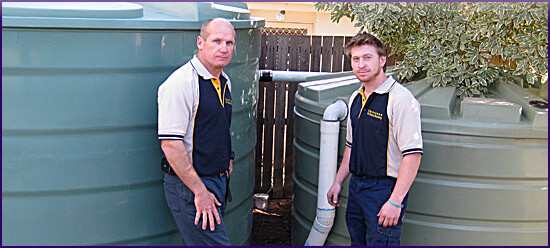
How you can help to protect your children’s future?
Expert Advice About Energy Choice
I started my training as a plumber in 1985. I also have roofing, drainage, gas fitting, electrical and solar qualifications. Since the early 1990s, my customers have sought expert advice to help them make decisions about the type of energy they will use.
Should I use gas, electricity or solar?
Should you use a combination of energy sources for hot water, heating and cooking?
I have also been asked for advice on reducing water consumption and harvesting grey-water and rainwater. Occasionally, I have had to tell people things that they were not expecting to hear.
Since 1985 there has been a major shift in Australians’ attitudes towards conserving energy and water, and reducing waste. Australians – especially Canberrans, now spend more time considering the impacts to the environment when they make choices regarding the products they purchase.
These greener choices help the manufacturers fund research into more innovative green technology. This technology is being dispatched to the rest of the world – developing nations included, and helps developing nations skip a lot of the polluting technologies we, in the developed nations, relied upon in the past. This is a good enough reason alone, to keep buying new, green technology and add to what you can do for your children’s future.
The purchase of green technology also brings financial benefits for Canberrans. Better insulation on pipes, solar hot water heaters, solar PV, high-efficiency natural gas appliances, water-efficient tapware and rainwater tanks all help to reduce costs around the home.
It has been made easier to sell homes due to the mandatory energy rating system that must be published when a home is being marketed for sale. This is a good reason to keep buying new, green technology.
There is one point of warning – as a trained professional, I have noticed that good intentions do not always result in good outcomes. Unfortunately, I see too many solar hot water systems and heat pumps installed in a manner that makes them very inefficient.
I see undersized rainwater tanks and rain harvesting systems that have not been designed to achieve anywhere near their maximum potential. I see Canberrans throwing out perfectly good and efficient gas hot water systems that are likely better for the environment than some heat pumps. I also see too many hot water systems that are wasting water.
This is not the fault of the customer; the fault lies squarely with the installer or salesperson and with policy makers that have good intentions with limited practical experience.
Remain optimistic. If you want to look after your children’s future keep buying green products, especially innovative green products and seek out professionals that see beyond the next sale.
